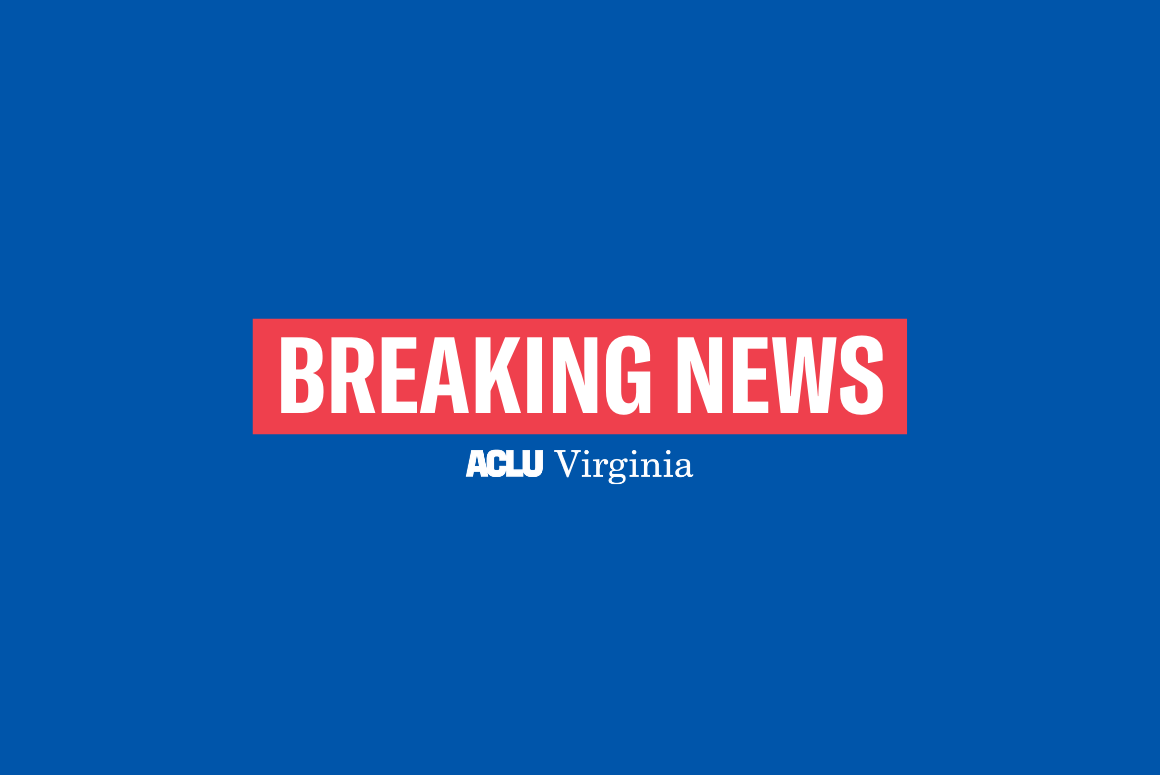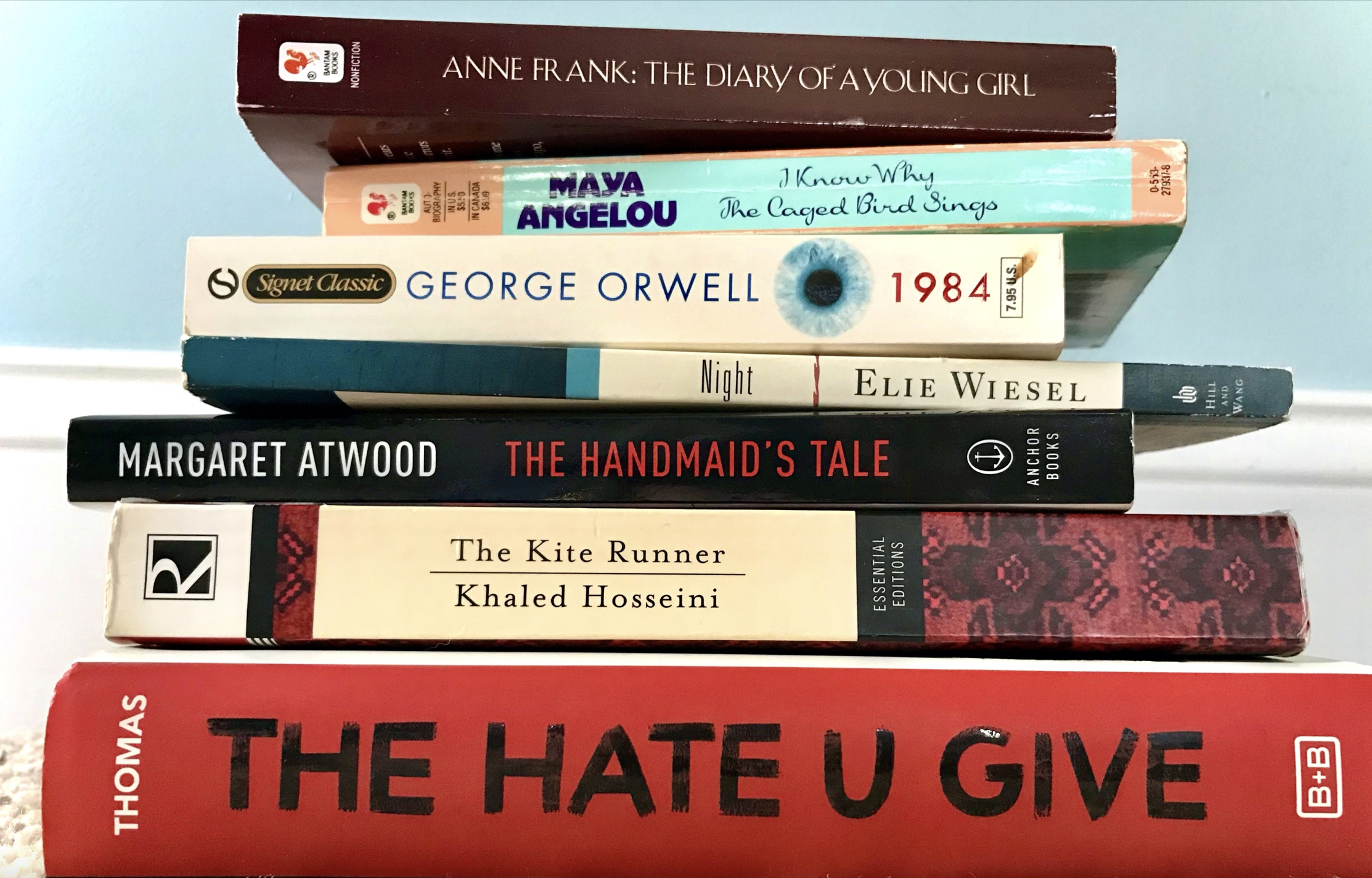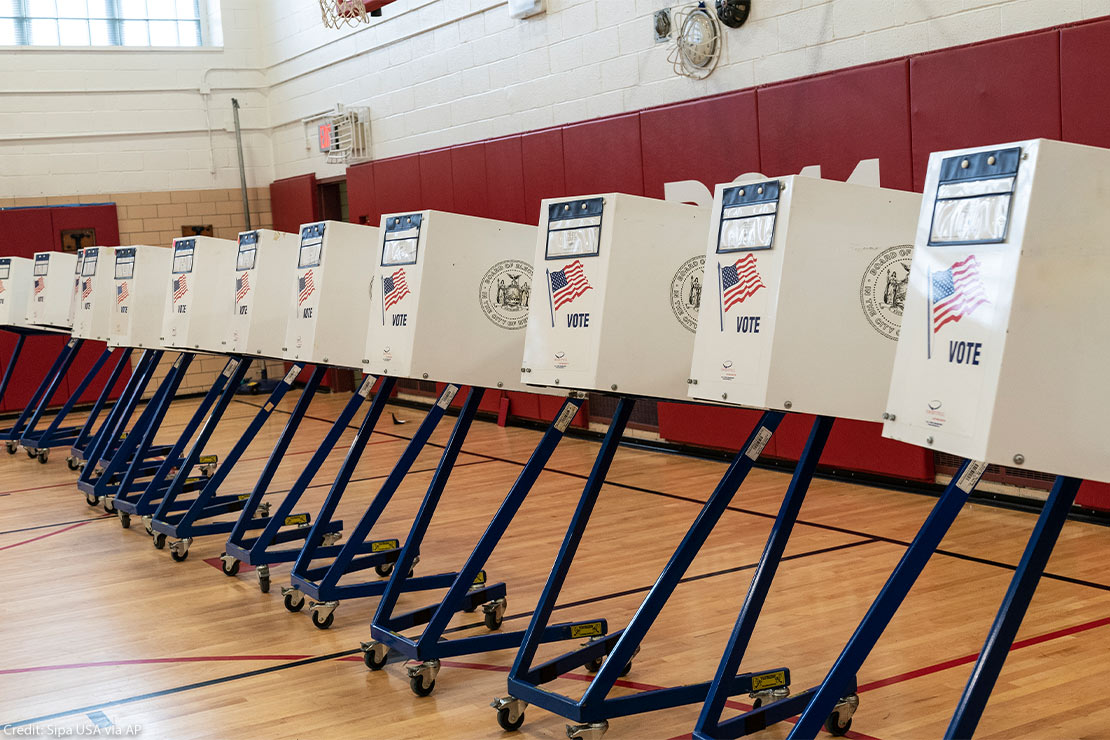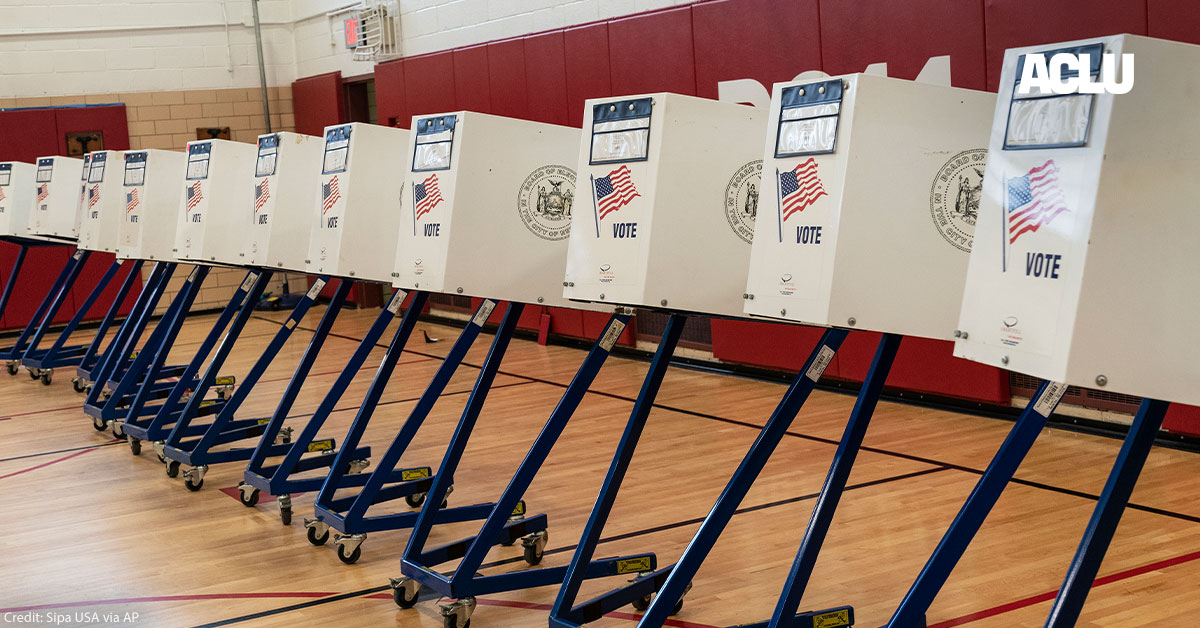This blog was written by Anne the Vegan. You can find it originally posted here.
It’s 5:00 on a Friday afternoon. I’m wrapping up my documentation for the day, and I’m running later than anticipated. But before my frustration gets to me, I’m calmed by a welcome, yet unexpected sound. Over the loudspeaker of the nursing facility where I work, the cantor sings a song in Hebrew, welcoming the beginning of the Jewish sabbath.
I loved my time working for Beth Sholom. And although I have moved on, my 10 years there, until the very end, were very happy. I have fond memories of befriending a building full of grandparents, many of them Jewish. My respect for the faith was solidified during my time there. I met several Holocaust survivors, with tattoos and all, and many others who fled Europe under less than ideal circumstances. I also learned first hand how instrumental the Thalhimer family, owners of the Richmond based department store of the same name, was in rescuing young Jews from certain genocide.
One of my patients was a woman who was recruited by Thalhimers to work in their downtown Richmond store in the late 1930’s. She eventually became the head of the bridal department there. I had no idea until hearing her story that this family did that. I later read the book Finding Thalhimers, written by the granddaughter of their last president, which detailed this venture. It’s another interesting aspect of the Holocaust.
Visiting the Holocaust museum is another unique experience in Richmond. There is a survivor’s wall, and I personally know about half of the people featured on that wall. Jay Ipson, the founder of the museum, gave us a personal tour the first time I went. There is an exhibit there that is modeled after his family’s own hiding place, which was a root cellar. At one time, you could crawl in and experience it for yourself. Shocking that an entire family fit in that tiny space and hid all day. The museum itself is so thoughtfully presented; its exhibits also include a cattle car and accounts of other cases of genocide throughout the world.
My curiosity about the Jewish faith began in elementary school. My best friend was Jewish. Her family invited me to several special dinners, including Passover and a few nights for Hanukkah. I appreciated the fact that my parents, both Southern Baptists, my father with a graduate degree in theology, did not object to my exposure to another faith.
It was during 4th or 5th grade that I read The Diary of Anne Frank. It was not assigned reading for school, but the copy I read did come from the library. Reading this opened up my mind to the atrocities committed during WWII and led me to further explore this topic. It helped me understand why we fought that war. I felt proud of my country for being a part of the liberation of the concentration camps. I also learned for the first time that the US had its own internment camps for Japanese residents, even those who were US citizens, during the war. It was shocking and troubling to learn my country could do something so horrible. But I’m glad that I learned the truth. It gives me an example to use when people try to argue that America could never do what Nazi Germany did.
Through the years, I’ve read other books about the Holocaust, too. Night by Elie Weisel was very moving. It’s a book I think everyone should read. I always pick up a copy if I see it at Goodwill, just so I can pass it on to a friend who hasn’t yet read it. And, most recently, The Tattooist of Auschwitz, based on a true story.
All of these readings helped me gain a better understanding of what Jewish people endured during the war. They helped me gain perspective and empathy. And although much of what I read was uncomfortable, I’m better for having gained that insight. These are also among the books that are on the table to be banned across our nation.
I’ve enjoyed many books that have been or are in danger of being banned, as have my teenage daughters. To Kill a Mockingbird, The Hate U Give, The Kite Runner, The Handmaid’s Tale, 1984, I Know Why the Caged Bird Sings… the list is long. I didn’t have the opportunity to read books like these in school. I would have loved to have long discussions with my classmates and teachers about these. Instead, my curriculum included yawn worthy tales like The Old Man and the Sea and Wuthering Heights. (My apologies if you love these books!)
It’s astonishing that we learned about the rise of fascism, understood the pure evil of people who supported the most famous fascist of all, who is responsible for the Holocaust, and yet here we are, watching the same steps happen in the same movement in our own country in 2022. One of the first steps, as you likely know, was to narrow world views through book banning. This time, we are editing access to literature in the name of Christian Nationalism.
Banning books may seem innocuous. You may think that shielding children from learning opposing views, about non-Christian experiences, LGBTQ issues, or points of view from people of color will keep them innocent. But what this actually does is diminish their ability to fully understand the world. Developing empathy for others through reading about different cultures, true accounts of wrongs in this world, and other ideas brings compassion and understanding. Not exposing our children to these things makes it challenging for them to know what to do when faced with different opinions, resulting in perpetuating intolerance and hate, exactly what is on the rise in our nation right now.
If I didn’t have the choice to read books like The Diary of Anne Frank in elementary school, I perhaps wouldn’t have developed the respect I have now for the Jewish faith or as deep an understanding of the atrocities of the Holocaust. Reading that book changed the course of my life. It made me a better, more curious, more empathetic person, and this has carried over to my practice of physical therapy.
Edited education is a handicap. If there are parents in this country who wish for their children to learn a restricted set of views, they can choose to enroll their children in private schools or home school. Our educators have degrees in teaching, many of them hold advanced degrees like our librarians, and they really do know what’s best for our children. I trust our teachers and librarians. You should, too. Tip lines to tattle on educators daring to challenge narrow views are appalling. Leave public education as it should be: a force for good in society. Keep editing education, and we may not have any teachers left. And leave the books alone. (Or don’t. Most kids will be more curious about the banned titles and want to read them in defiance.) I’m taking sides. Save the books.




